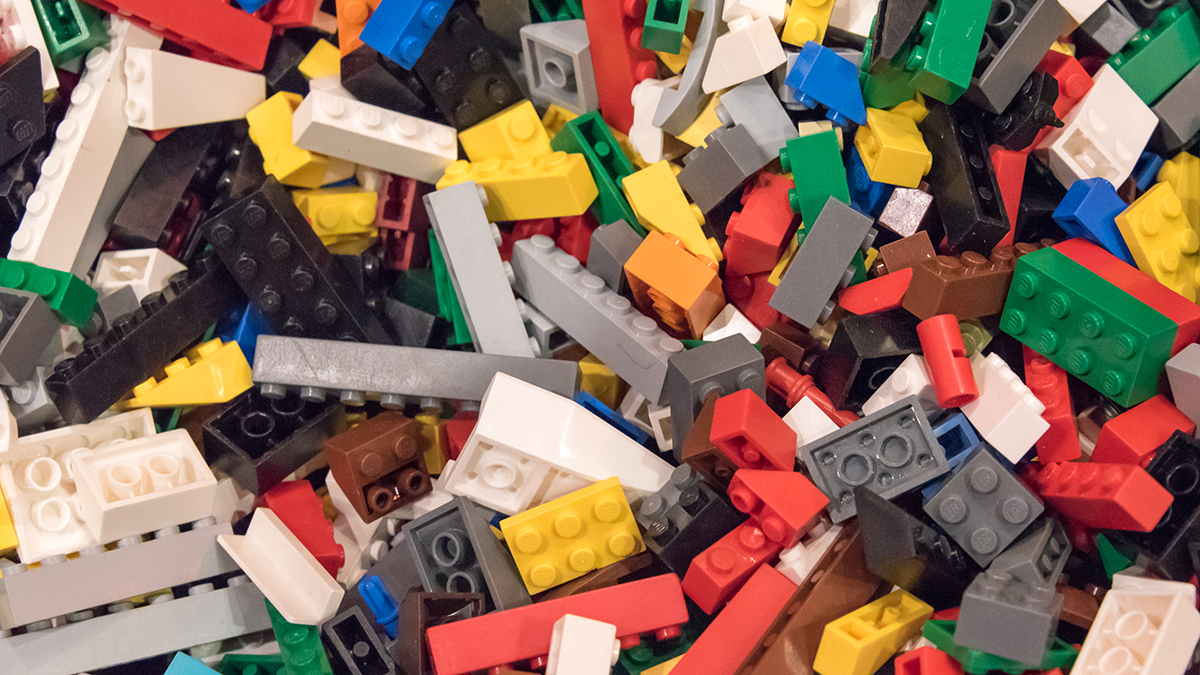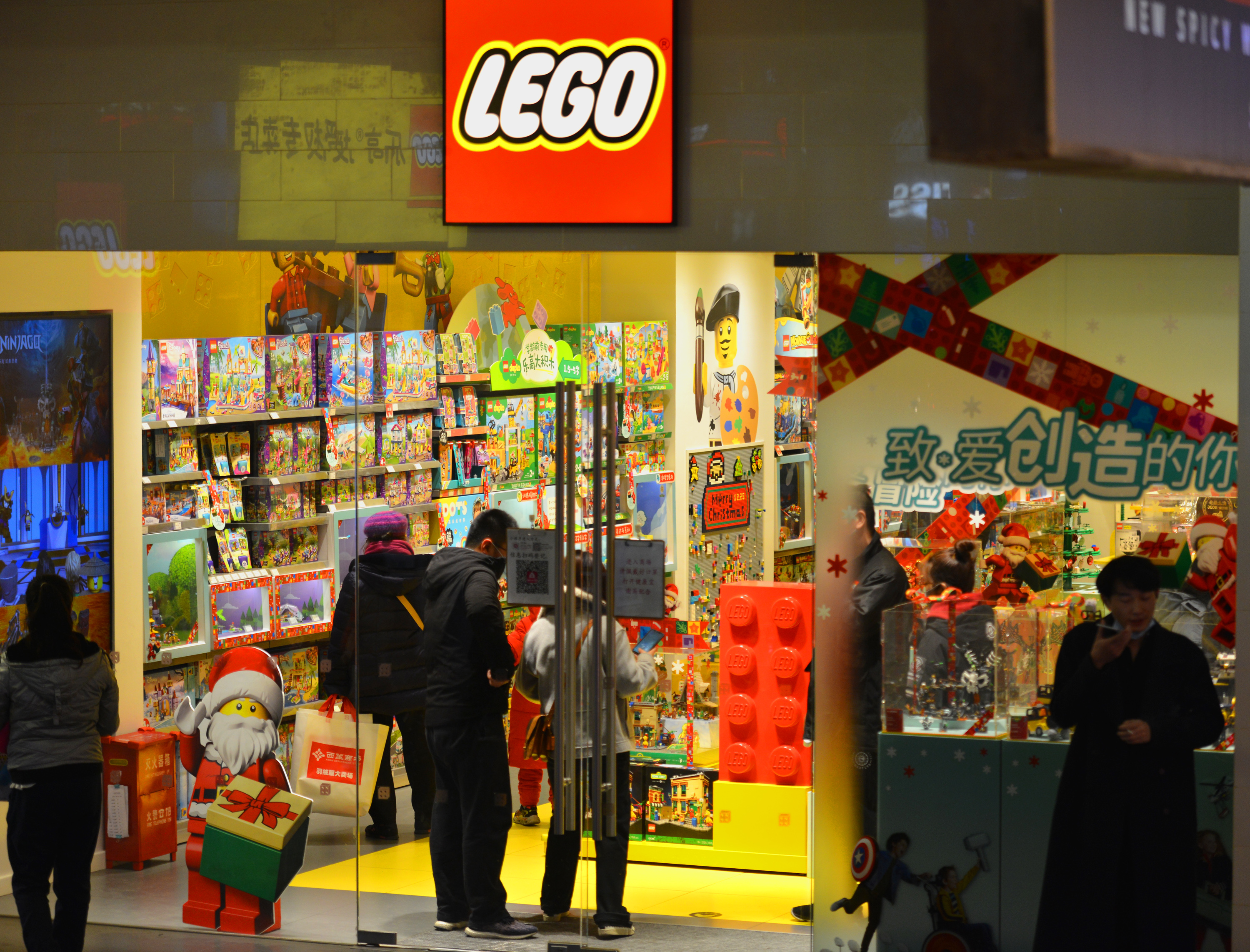
Danish toymaking giant Lego on Monday pledged to remove gender bias from its toys after research found girls were being held back by gender stereotypes.
The company, whose colorful building blocks and figurines sell in more than 130 countries, said it wants to make its products more inclusive so that children’s ambitions are not limited by gender.
“The company will ensure any child, regardless of gender identity, feels they can build anything they like,” Lego said in a statement.
Lego vowed to make its products “free of gender bias and harmful stereotypes,” saying there is a need for wider society to “rebuild perceptions.”
We've got the news you need to know to start your day. Sign up for the First & 4Most morning newsletter — delivered to your inbox daily. Sign up here.
Lego did not elaborate on what exactly it would modify about its products to bring about these changes. However, in an emailed statement to NBC News, the company said it has transitioned its product and marketing department from gender-focused product groups to groups focusing on “passions and interests.” The company also said it has recently published a diversity and inclusivity playbook for its product design and marketing teams.
.medium .leadMediaRegion.city_module iframe {height:421px;}“The benefits of creative play such as building confidence, creativity and communication skills are felt by all children and yet we still experience age-old stereotypes that label activities as only being suitable for one specific gender,” Julia Goldin, chief product and marketing officer, said in a company statement.
Lego’s promise came as the company released new research showing that girls were more open to engage in different types of play than boys, but societal norms about play, including attitudes of their parents, limited their potential.
The research involved nearly 7,000 parents and children in seven countries, Lego said.
Some praised Lego’s decision, saying other companies would feel compelled to follow its lead.
“If manufacturers and stores alike stop relying on gender stereotyping in their appeals to children, we could begin to see more noticeable changes to the children’s marketplace,” Rebecca Hains, professor of media and communication at Salem State University and children’s media culture expert, said in a Facebook post, commenting on the announcement.
“They’re such a force in the industry that perhaps where Lego goes, others will follow,” she said.
The United Kingdom-based Let Toys Be Toys campaign, which challenges gender stereotypes in toy marketing, also welcomed the news on Twitter, saying the negative effects of gender stereotyping on children is something they have been raising with Lego since 2012. It also noted purple and blue branding of some Lego sets, catering to boys and girls differently.
“The idea that girls and boys play or should play with different toys is harmful — it reinforces harmful stereotypes,” said Pragya Agarwal, behavioral scientist and visiting professor of inequities and social justice at England’s Loughborough University.
On Saturday, California became the first state to say large department stores must display products like toys in gender-neutral ways.
Lego’s announcement came on the U.N. International Day of the Girl Child, which focuses global attention on the challenges girls face worldwide and promotes the empowerment of girls.
The United Nations says that while some progress has been made in recent years, women and girls still carry the burden of gender inequality, with discriminatory laws and social norms remaining pervasive, and women continuing to be underrepresented at all levels of political leadership. Its 2020 report found that less than 50 percent of working-age women are in the labor market, and unpaid domestic and care work falls disproportionately on women, restraining their economic potential.
A 2020 report by The Fawcett Society, a U.K. gender equality group, found that harmful gender stereotypes can significantly limit children’s potential, and the toys they play with can be a contributing factor. It found that 66 percent of parents want to see companies voluntarily advertise toys to boys and girls in the same way.
Related:
.medium .leadMediaRegion.city_module iframe {height:421px;}This story first appeared on TODAY.com. More from TODAY:




